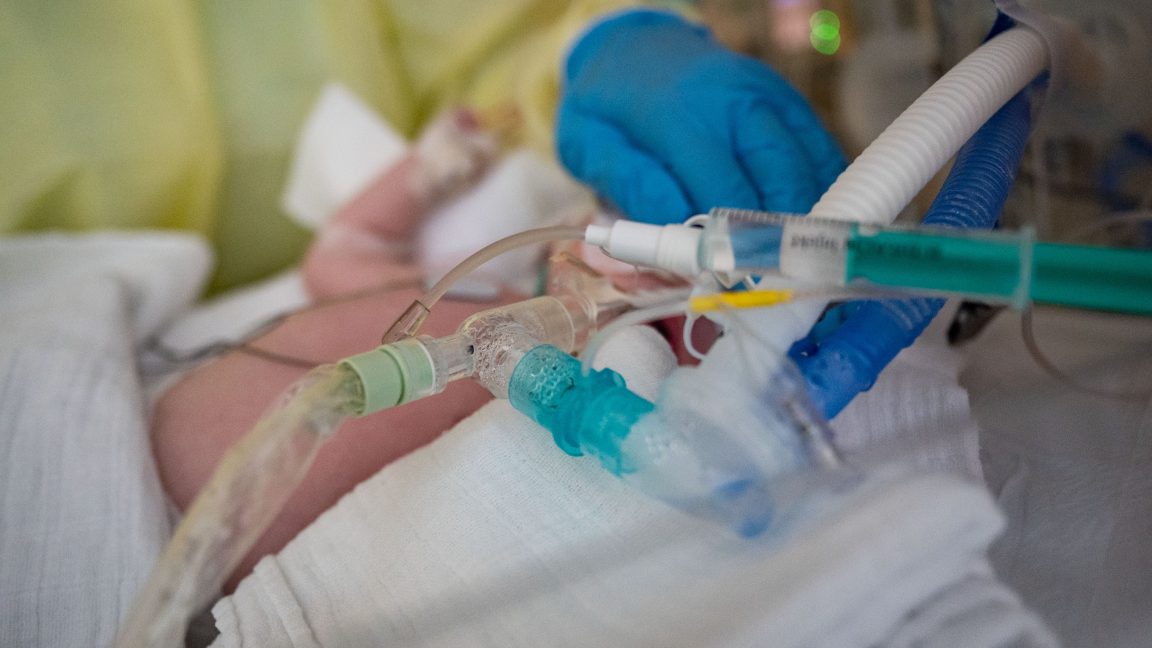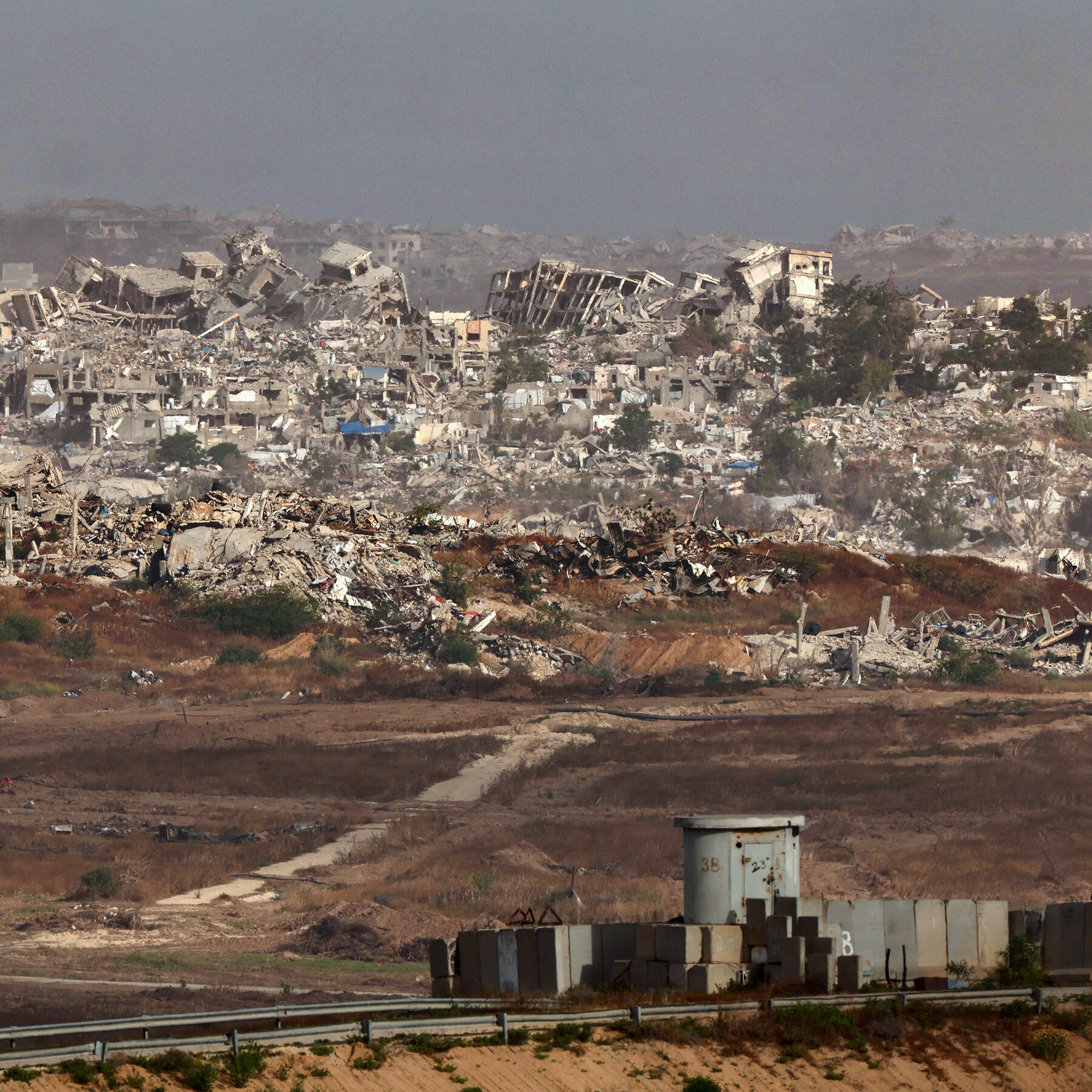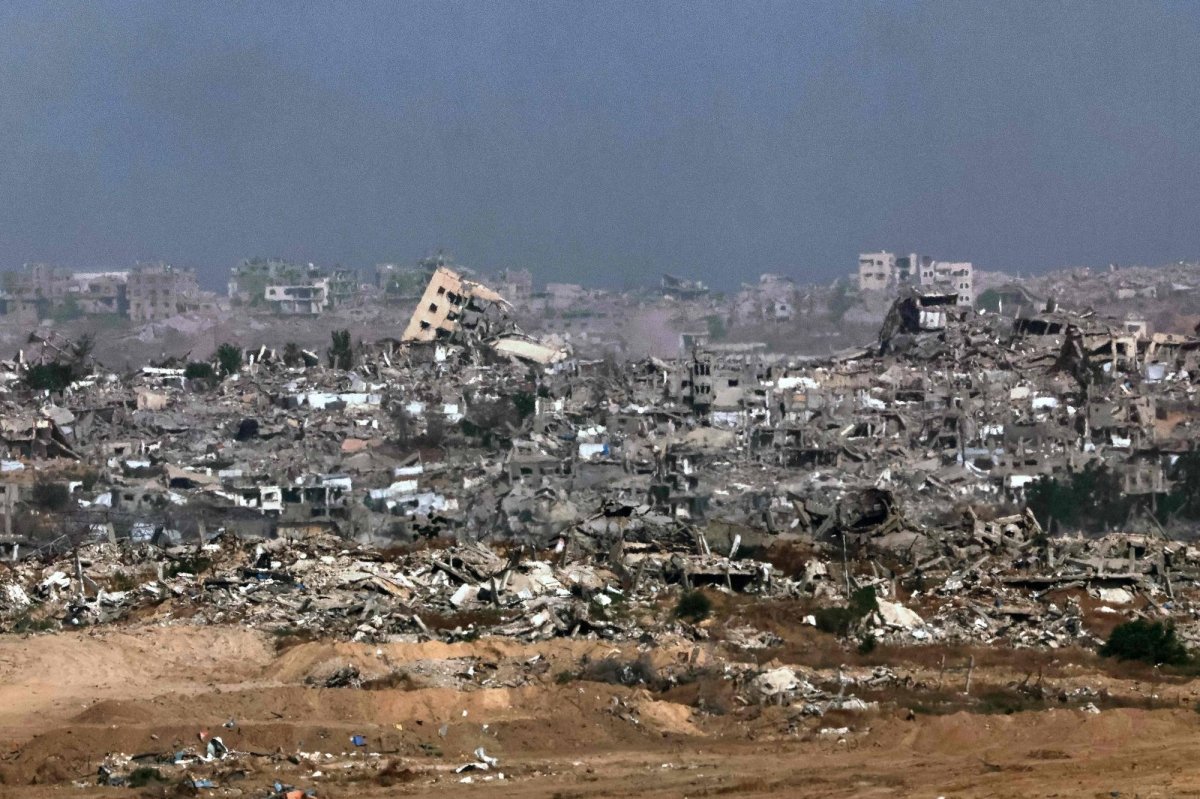New RSV Vaccine and Treatment Lead to Significant Decrease in Infant Hospitalizations

A recent analysis by the Centers for Disease Control and Prevention has revealed a substantial decrease in the number of infants being hospitalized due to respiratory syncytial virus (RSV) after the introduction of a new vaccine and treatment this season. RSV, a severe respiratory infection, is the primary cause of hospitalizations for infants in the US, with an estimated 58,000–80,000 children under 5 years old being hospitalized annually. Newborns, particularly those between 0 and 2 months old, are at the highest risk of being hospitalized with RSV, which typically peaks during the winter months. However, the 2024–2025 season saw a significant shift with the introduction of two new preventive measures. The first is a maternal vaccine, Pfizer’s Abrysvo, administered to pregnant individuals during their third trimester coinciding with the RSV season (generally September through January). Maternal antibodies produced from the vaccine are transferred to the fetus in utero, providing protection to newborns in their early months of life. The second new measure is a long-acting monoclonal antibody treatment, nirsevimab, given to infants under 8 months old as they enter their first RSV season or are born during this time and may not have the protection of maternal antibodies. These new interventions have shown promising results, significantly reducing the number of infant hospitalizations due to RSV this season. The impact of these advancements in preventing and treating RSV infections is a major breakthrough in infant healthcare, potentially saving thousands of young lives from the severe consequences of this common respiratory virus.








